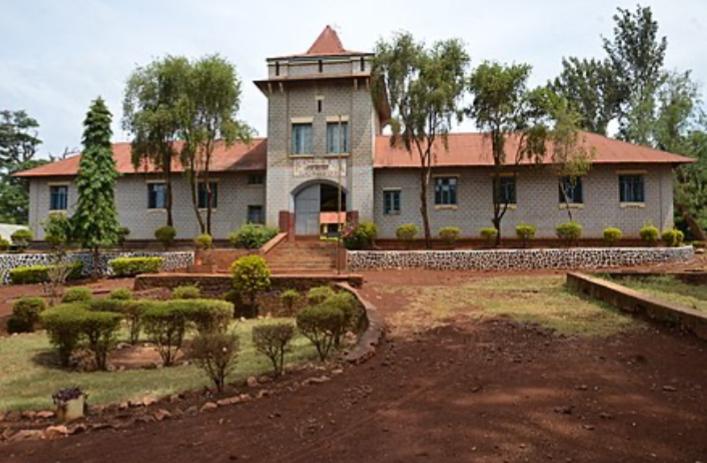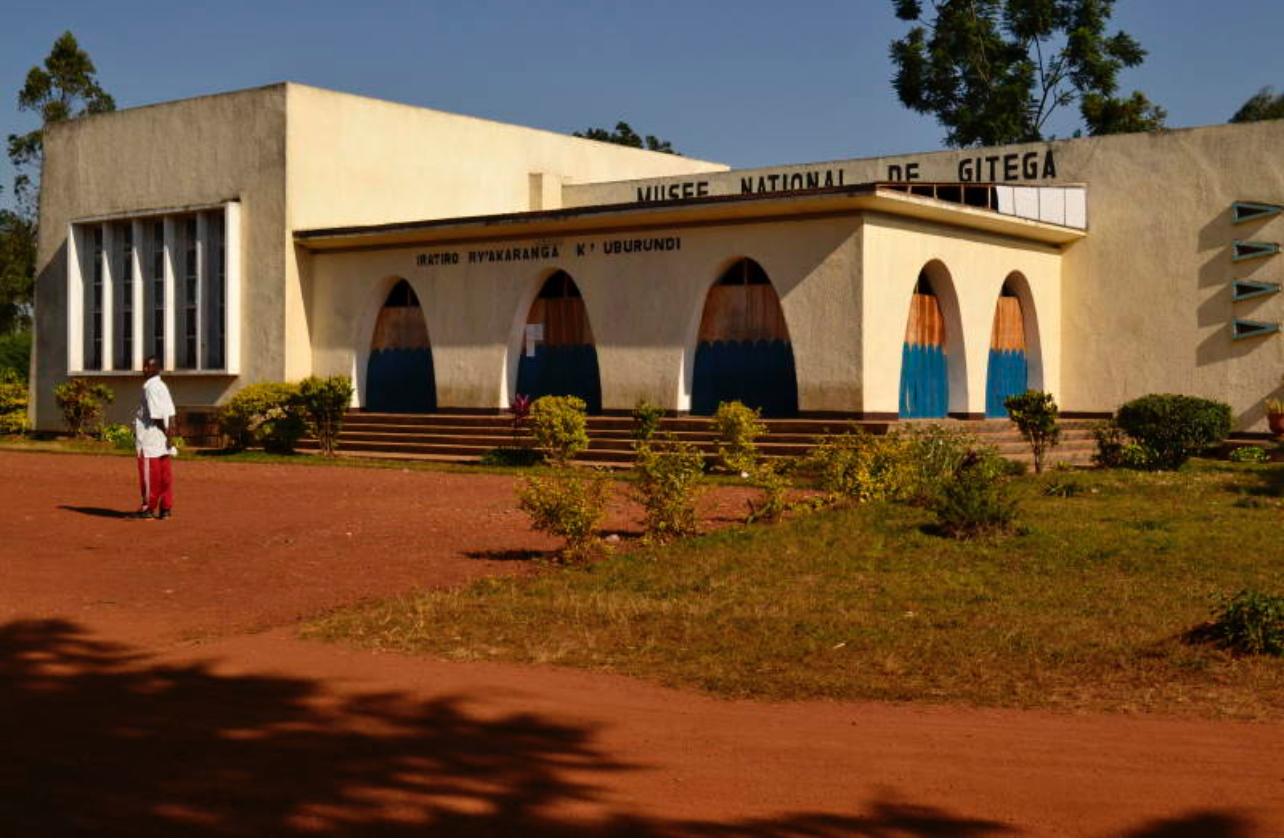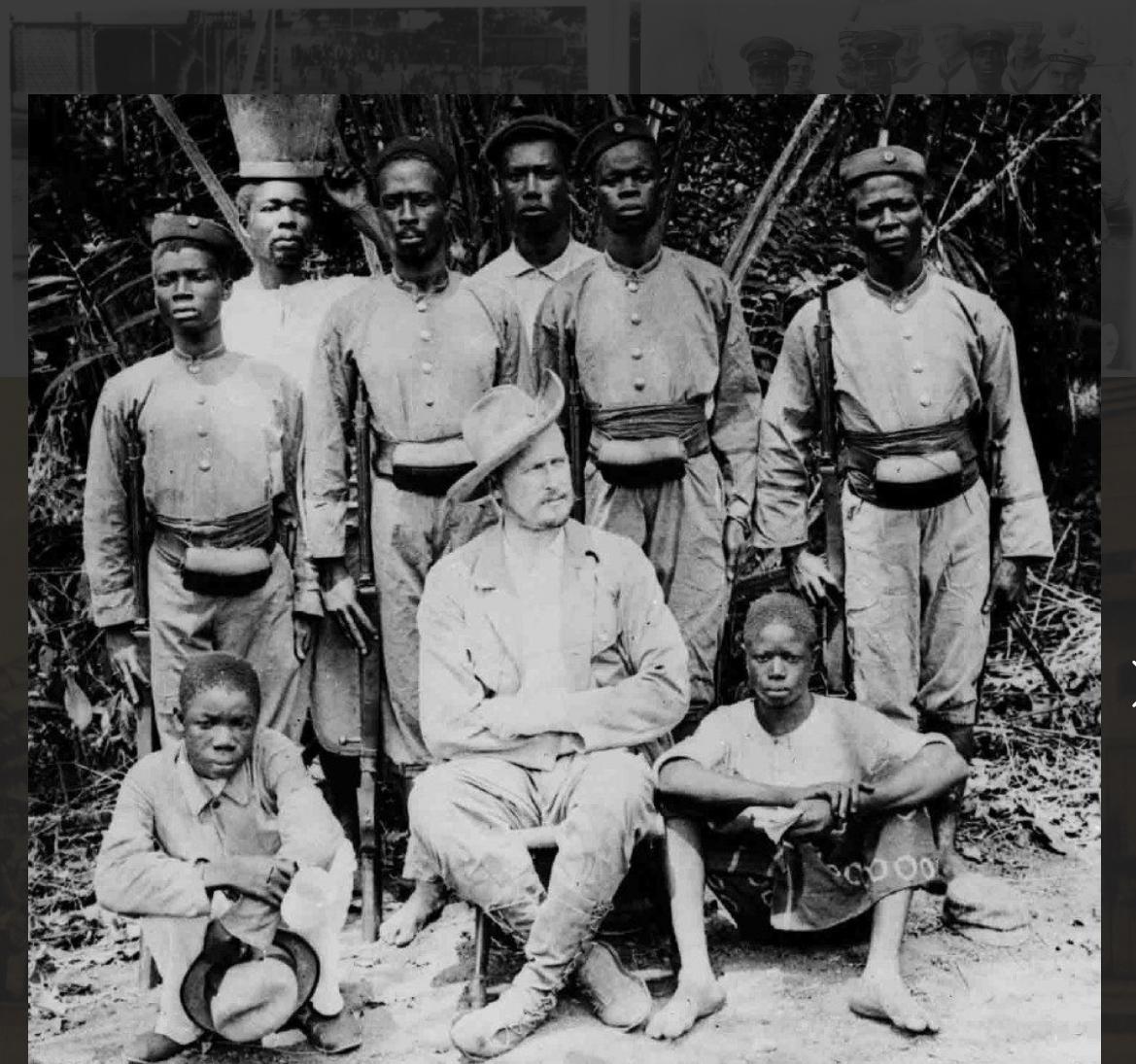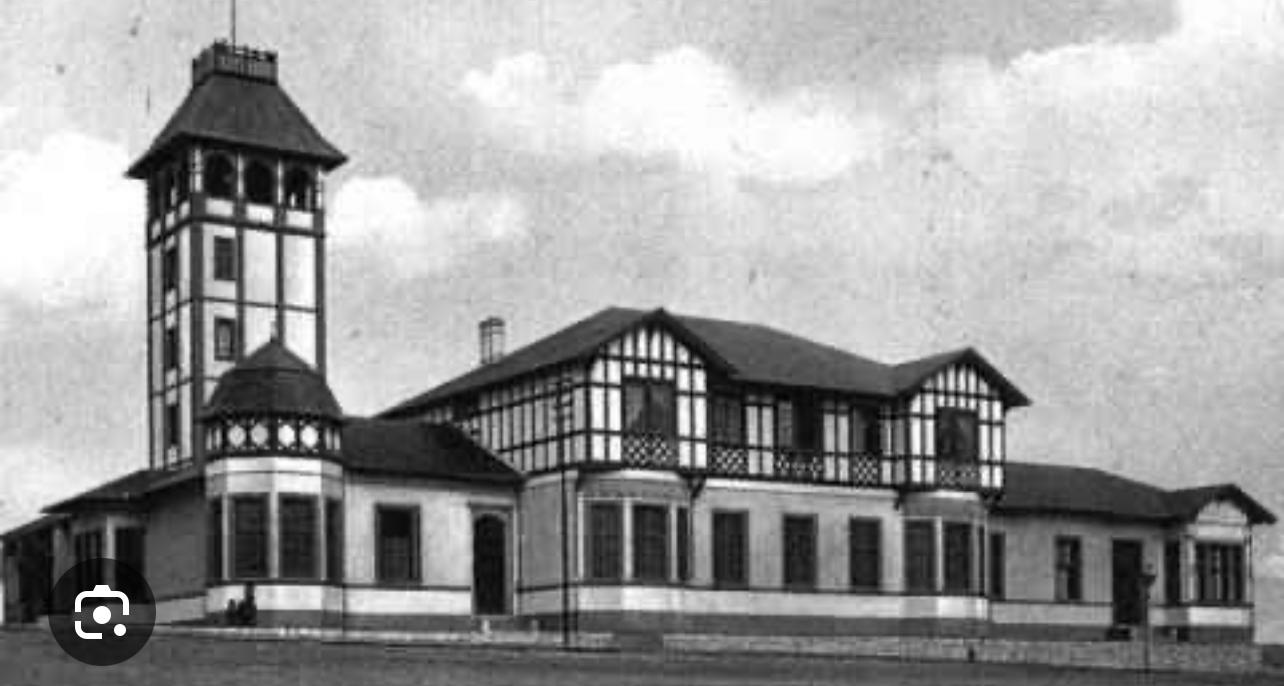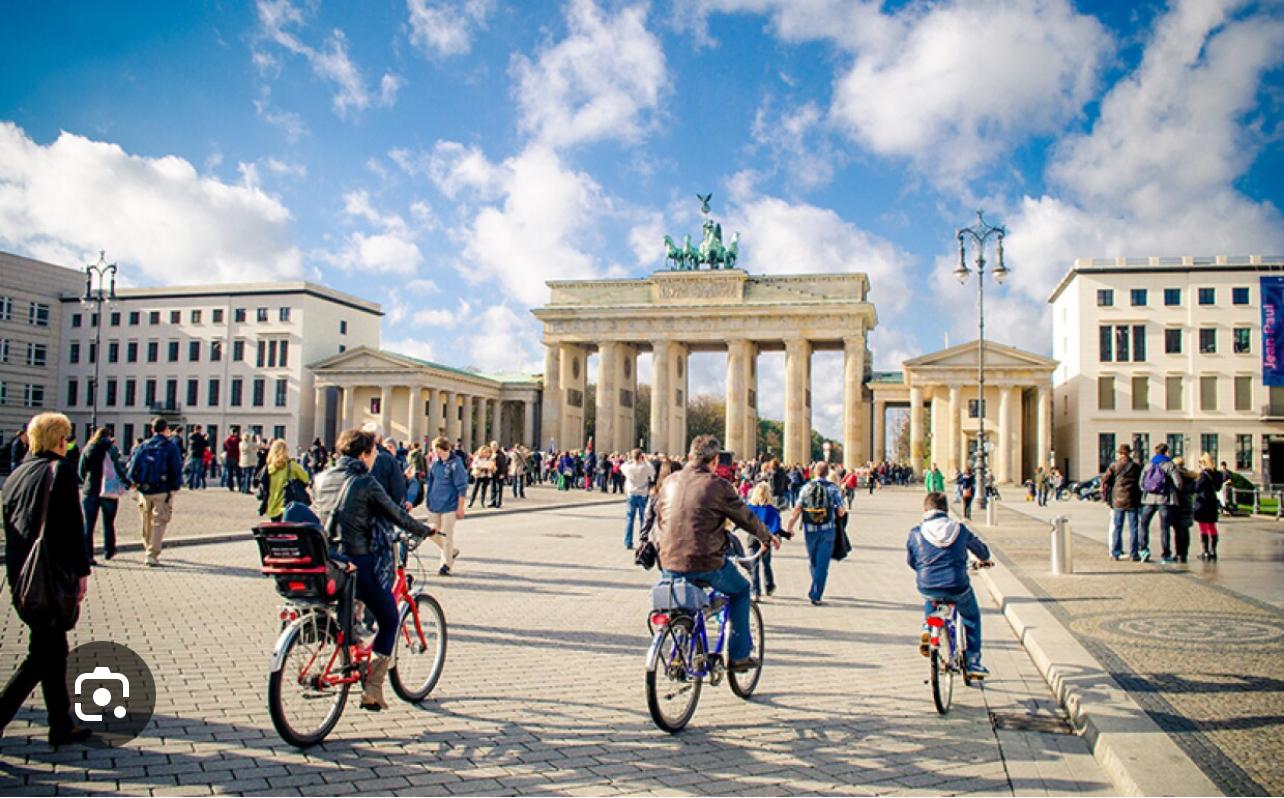German East Africa was a German colony that existed for some three decades from the 1880s to the end of World War I (1918). It was nearly 1,000,000 km2 (390,000 sq mi), larger than any European country except Russia or any American state except Alaska.
The main towns of importance to the colonial administration were:
- 1 Dar es Salaam. This became the colonial capital in 1890 and was Tanzania’s capital until the 1970s. It is also Tanzania’s largest city and the mainland’s main port.
- 2 Bagamoyo. This was the colony’s capital from 1885 to 1890. Today it is just a minor town 70 km north of Dar es Salaam; it is somewhat down-at-the-heels, though it does have a lively arts scene and some good beaches. It is also the closest port to Zanzibar.
- 3 Kigoma. This port on Lake Tanganyika was the main German base in the area; today it is a provincial capital and still an important port. The ship that the Imperial German Navy built to dominate the lake still sails from Kigoma; today it is the ferry MV Liemba.
- 4 Tabora. This was the largest town in the interior of the German colony, taken by the Belgians in 1916.

Now a secondary school
- 5 Moshi. This was a German military base.
- 6 Iringa. This was a German military base.
- 7 Morogoro. This inland town was an administrative center under the Germans, and still has some buildings from that period. Today it is a regional capital and popular as a base for treks into the nearby mountains.
- 8 Lindi. This town has a long history as a trading centre and today attracts visitors mainly for its fine beaches. It was an administrative centre under the Germans, and still has some buildings from that period.
- 9 Bujumbura (Burundi). A lake port, largest city and former capital of Burundi. It was a military base in the German period.
There are other places in the region that may be of interest.
- 10 Kigali. A lake port, today the capital of Rwanda.
- 11 Gitega. An inland city, today the capital of Burundi.
- 12 Olduvai Gorge. This site has some of the oldest proto-human fossils and tools ever discovered. There is a museum.
- 13 Kilwa. This was once an important trading city-state and is now a UNESCO World Heritage Site with Arab and Swahili ruins going back to the first millennium CE. The great Berber traveller Ibn Battuta visited it in the 14th century.
Source: Wikipedia

